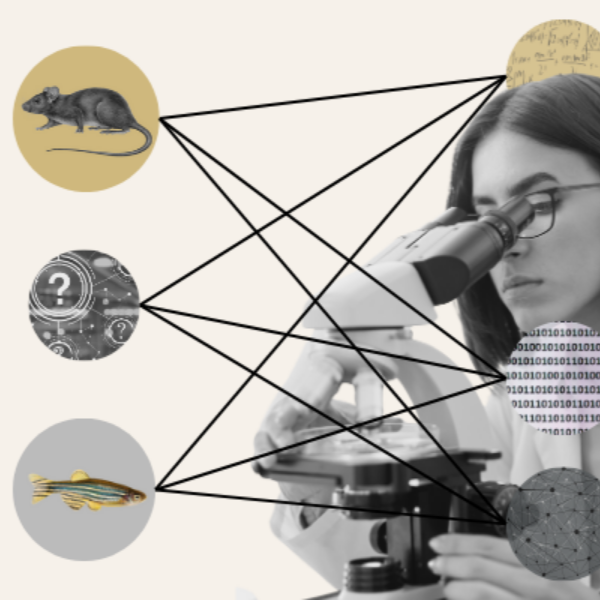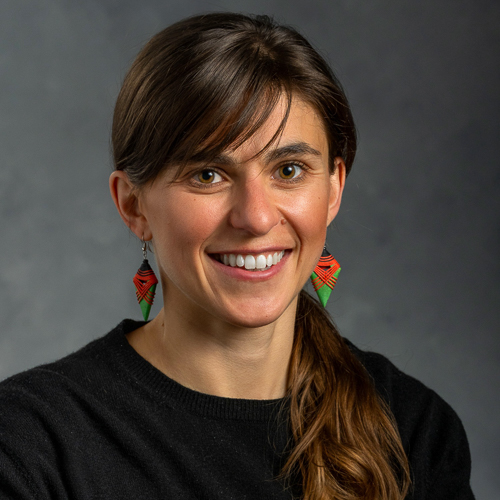Alumna, Kateri Salk, Joins University of Waterloo to Study the Causes of Algal Blooms in Lakes
%202014.jpg) By Ann Durbin and Kateri Salk
By Ann Durbin and Kateri Salk
Kateri Salk bid Michigan State University farewell in pursuit of a postdoctoral research position at the University of Waterloo after she completed her Ph.D. in Integrative Biology with a specialization in Environmental Science and Policy in 2017.
Kateri conducted her graduate research at MSU under the advisory of Nathaniel Ostrom. Her research focused on utilizing stable isotopes to examine nitrogen cycling in aquatic systems. Kateri concentrated her studies on the microbial processes of denitrification and anammox, which are processes that remove excess nitrogen from water, preventing issues of hypoxia and algae blooms from arising. In addition, Kateri studied the production pathways of the greenhouse gas, nitrous oxide, which can be generated in low-oxygen portions of the water column and sediments and emitted to the atmosphere.
“I grew up with a fascination for water, and this has informed my career path to study lakes and oceans,” Kateri said. “My experience at MSU, especially working with Dr. Ostrom, gave me a rare opportunity to learn the cutting-edge techniques and concepts related to biogeochemistry in freshwater and marine environments as a graduate student.”
Once she completed her Ph.D. program at MSU, Kateri joined the lab of Sherry Schiff and Jason Venkiteswaran at the University of Waterloo as a postdoctoral research fellow. Kateri will be working on a project that uses ecosystem modeling to understand the drivers of algal blooms in temperate lakes. “This work has the capacity to help us better predict and manage water quality impairments associated with harmful algal blooms,” Kateri explained.
The project will be co.jpg) nducted in the Experimental Lakes Area in Canada, a system that has been extensively
monitored and subject to whole-ecosystem experimental manipulations since the 1960s.
Kateri will be analyzing the capacity for the cycling of several nutrients (including
iron, nitrogen, and phosphorus) to control the formation of harmful algal blooms using
a combination of stable isotope analysis and ecosystem modeling.
nducted in the Experimental Lakes Area in Canada, a system that has been extensively
monitored and subject to whole-ecosystem experimental manipulations since the 1960s.
Kateri will be analyzing the capacity for the cycling of several nutrients (including
iron, nitrogen, and phosphorus) to control the formation of harmful algal blooms using
a combination of stable isotope analysis and ecosystem modeling.
“I'm excited to put my current knowledge to good use. I will be using the expertise on stable isotopes and biogeochemistry I've gained at MSU and applying it to a new area: ecosystem modeling.”
Looking beyond her current endeavors, Kateri envisions herself ultimately pursuing a career in academia in a position that allows her to satisfy her passion for aquatic research and strong engagement in teaching and learning.



